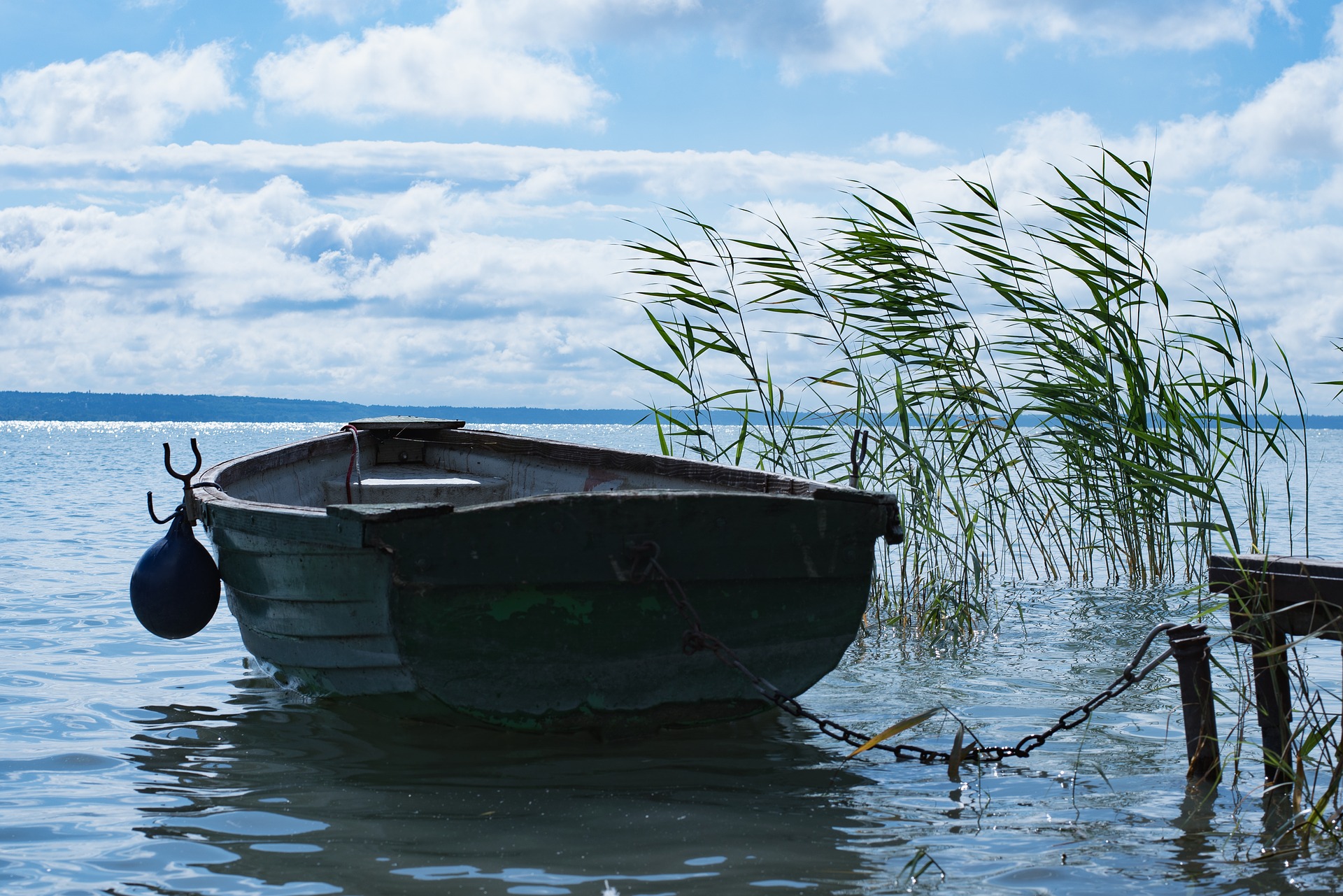Sonam Chandwani is the Managing Partner at KS Legal & Associates and heads the firm’s Corporate Litigation Practice. On the occasion of World Environment Day, she talks about Encroachment of Water Bodies in legal terms. The below mentioned text is her own words.
Following content by Sonam Chandwani of KS Legal
Encroachment is the act of gradually taking away someone else’s rights, or taking control of someone’s time, work, etc.” More simply put, it is an infringement of another’s rights; an interference with or intrusion onto another’s property.
Encroachment of water bodies essentially means converting water bodies into land and using it for commercial, industrial or residential purposes. This leads to interference in nature’s cycle of dispensing water and the subsistence of water bodies. When wetlands and water bodies give way to concrete lands, the water fails to seep into these hard surfaces and thus, leads to flooding. The usual water bodies which would have contained excess water flow are missing, and therefore, the only way out is to accumulate on forest land that mankind has been creating in the last decade.
Appropriate lake function could ease the impact of floods and droughts by storing large amounts of water and releasing it during shortages. Lakes or small water bodies also help in replenishing groundwater level, as they are essential receptors for groundwater recharge, influencing water quality of downstream watercourses and preserving biodiversity. A few simple questions which arise while dealing with the issue of encroachment includes, who encroaches water bodies? Who gets affected by the encroachment and what recourse do the affected citizens have against this?
The first and the most important aspect is, that the encroachment of water bodies facilitated by the government authorities such as the Revenue Department, Public Works Department, etc., violates the Right to life guaranteed under Article 21 of the Constitution of India. It goes unsaid that natural resources like land, water bodies, etc., maintain a delicate ecological balance and need to be protected for a proper and healthy environment which in turn enables people to enjoy a quality life.
It is the duty of the government to pay attention to these encroachments to prevent taking possession of land or water bodies. This could in turn prevent an ecological disaster and would provide a better environment for the benefit of the public at large. It thus becomes imperative for the State to maintain natural resources with a view to keep the ecological balance intact and thereby provide a healthy environment to the citizens.
The cyclone Amphan that hit West Bengal recently, has left a major part of the State in a devastated situation with people being left behind only with debris of livelihood. In order to seek a legal recourse the distressed citizens could invoke under Section 11 of the East Kolkata Wetlands (Conservation and Management) Act, 2006. This provides that the authorities shall use all technologies to determine the past and present use of the wetland and declare it as encroached. Once this is done, the encroaching party will be given a chance to be heard and asked to restore the place at his own expense. If the party is unable to do so, the State will undertake the task of restoring it and recover the costs as land-arrears.
The Act mentioned above talks about how one can seek a remedy from the legal system in the form of compensation. The people responsible for the encroachment are required to restore the encroached land back to its original state before encroachment at their own expense. This can come as a relief to the affected people as well as a reprieve to nature at the far end.
Another remedy in order to fight against the encroachment of water bodies or wetland could be seeking remedy under Section 25 sub-clause (2), (3) or (4) of the West Bengal Panchayat Act, 1973, as the case may be.
This Act gives the Panchayat the power to give an order to the concerned person encroaching the water body or wetland to reimburse for the damage. If such a person does not comply with the same, the Panchayat can seek assistance from the Magistrate or the Sub-Magistrate as the case may demand.
While similar circumstances of flooding have prevailed in Chennai, Tamil Nadu multiple times because of the sole reason of encroachment of water bodies and land, the Tamil Nadu State government has various legislations designated especially for the encroachment of land and remedies thereby.
However, in the case of West Bengal, there is no legislation dedicated to look in the matters of encroachment, and therefore, the citizens are only left with the option to invoke the above mentioned provision to legally fight the battle against the people who put them in the state of suffering and dire need of help.
Well, this is on behalf of the World Environment Day. Thanks to Sonam Chandwani for her expert blog on this. Apart from this, don’t forget to read some of the other stories under Opinion.
Image by Zsuzsanna Tóth from Pixabay






Leave a Reply